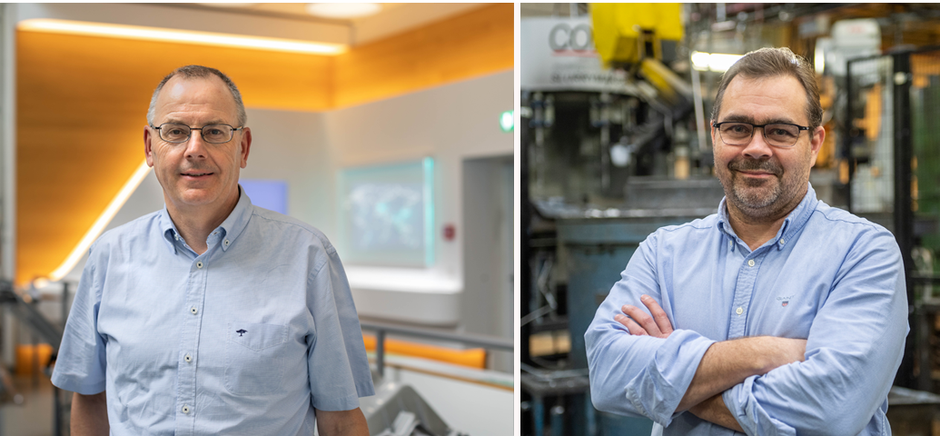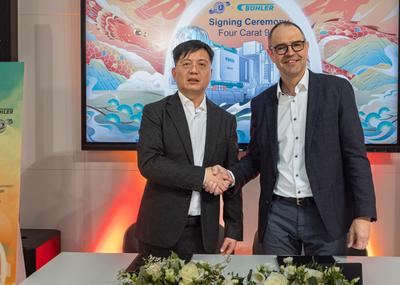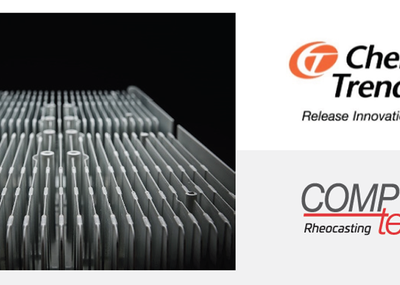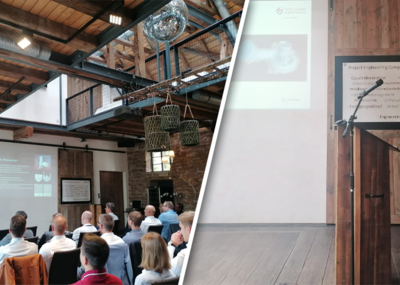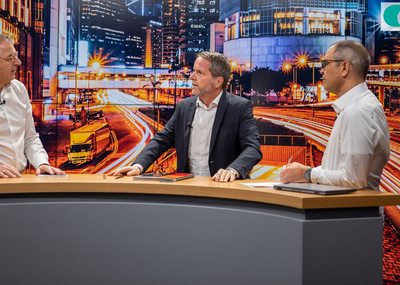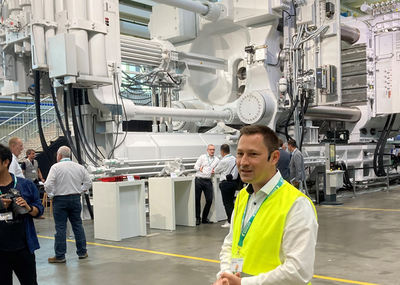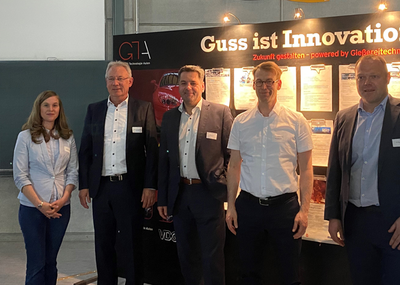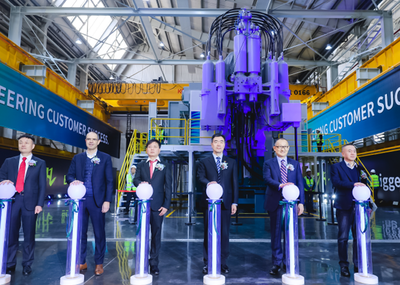With this investment, Bühler will support the further promotion of rheocasting process technology in high-pressure die casting. Rheocasting enables customers to create additional opportunities for die-casting applications and to provide more sustainable solutions. Comptech Rheocasting AB will continue to operate as an independent company, focusing on developing the rheocasting process and serving customers around the globe.
Through the cooperation, Comptech and Bühler will combine their respective strengths to further industrialize rheocasting technology. Rheocasting is considered an enabling process technology for casting of large-format, thin-walled and high-strength parts.
For nearly 100 years, Bühler has been providing solutions for the die-casting industry: from the die-casting machine to entire cell solutions, automation systems, and service around the globe. Bühler will install a complete rheocasting demo and test cell at its Die Casting Application Center in Uzwil, Switzerland, facilitating easy access to trial work with partners and customers.
“The foundry and automotive industries are engaging intensively in megacasting. To meet the required yield and quality targets the die-casting ecosystem needs to further develop hardware, cell automation, and process technology. We consider rheocasting an essential enabling technology – for this we are happy to partner with Comptech,” said Markus Hofer, Head of Business Development Bühler Advanced Materials.
Rheocasting technology has been developed by Comptech Rheocasting AB of Sweden for over 15 years and has the potential to substantially enhance the high-pressure die-casting (HPDC) process and open new markets for foundries.
Per Jansson, CEO of Comptech Rheocasting AB, said: “It is with great satisfaction that we see the interest from the market growing and we regard the partnership with Bühler as strategically important to meet the markets’ expectations now and in the future for the global production of sustainable castings.”
Why rheocasting?
Rheocasting is a melt preparation for the HPDC process. By mass-controlled cooling of the molten alloy, a high solid fraction is created in the aluminum alloy slurry. The melt becomes shear thinning, and a partially laminar flow filling of the mold makes it possible to process a variety of alloys and produce components with long flow-length and thin walls.
The produced parts show a low level of defects, which is beneficial for part quality and further process steps, for example thermal treatment and welding. Significant benefits are achieved by applying this process and additional opportunities are created for foundries that currently use other production processes.
Rheocasting is considered an enabling process technology for casting of large-format and thin-walled parts on an industrial scale, such as megacasting. This is a prominent topic in the die-casting and automotive industry when talking about advanced vehicle structures.
Sustainability and experience matter
Sustainability is a key consideration when integrating more aluminum in the car body structure. Die-cast aluminum offers key benefits such as easier recycling enabling a circular economy, a simpler manufacturing process, and weight reduction of the final part leading to reduced energy consumption in the end-consumer use phase of the life cycle.
With rheocasting, the sustainability impact of die-cast designs can be even further enhanced by using primary and secondary alloys with a lower CO2e (carbon dioxide equivalent) footprint due to the lower silicon content than traditional HPDC alloys.

